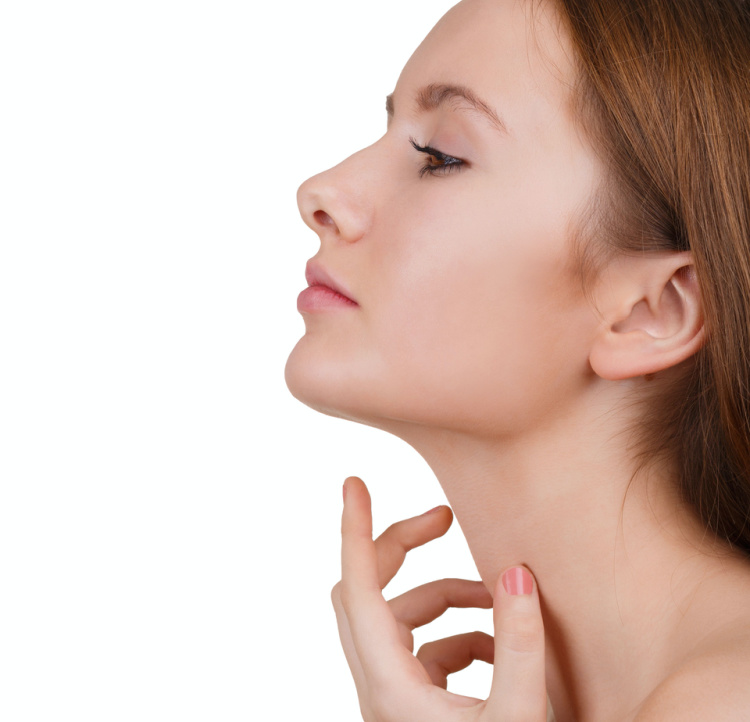Procedure
Neck Lift and Chin Contouring
Dr. Kimberly Short, a board certified plastic surgeon performs facial rejuvenation procedures with a goal to shape and contour the facial area by providing a refreshed facial appearance, not an unnatural appearance. Dr. Kimberly Short was able to be exposed to many techniques which were on the cutting edge of technology. Dr. Short completed a six-month fellowship in Oculoplastic Surgery and Aesthetic Facial Surgery. Dr. Kimberly Short also completed a three-month fellowship in Facial Rejuvenation in Miami, Florida. Dr. Kimberly Short has adopted the “Coleman” technique, the most widely used technique and instrumentation in the United States for structural fat grafting. Dr. Kimberly Short trained with Dr. Sydney Coleman and has used this opportunity to perfect this technique for her patients. Structural fat grafting is a procedure used to restore fullness and provide softer angles, fewer square angles for females. Fat grafting is an all natural option for facial re-shaping that produces permanent results, creating soft, natural contour changes.

The Gillian Institute’s approach for the lower facial rejuvenation for female patients is accentuating the feminine anatomy and understanding females desire an understated, enhanced result. Our doctors enjoy facial restoration by using a combination of surgical and non-surgical treatments determined by the patient’s recovery and desired outcome. Our attention to detail combined with our artistic dedication gives her the reputation of maintaining delicate female features. The Gillian Institutes’s female patients appreciate our feminine eye for producing desired feminine outcomes. Our doctors understand the anatomy and the balance of harmony between the upper, mid, and lower facial regions when approaching the lower face for rejuvenation options. Our surgeons are able to visualize the female patient from a three-dimensional view, a learned visualization while performing her advanced aesthetic fellowships.

When to Consider Chin Contouring & a Neck Lift
- Weak jawline and chin profile.
- Localized fatty tissue/fullness under the chin/neck.
- Sagging skin under the skin and neck area.
- Loss of the neck angle as a result of aging process.
After Surgery
Light dressings are placed and the incisions are covered with skin glue adhesive and steri-strips. A compression wrap or binder to the harvesting site, neck or abdomen, is placed for 1-2 weeks following the surgery to reduce the swelling as quickly as possible. You will need a caretaker for the first 24-36 hours after the procedure. Light activities may be performed after 1 week and lifting may be resumed after 2 weeks. Sleeping at a 45-degree angle is recommended for the first 7-10 days to reduce swelling to the facial area. A cooling mask (designed by the NASA program) may be used instead of regular ice application to provide a uniform cooling temperature directly after surgery. You should anticipate swelling and bruising for the first 2 weeks, but oral medications recommended prior to surgery, Arnica and Bromelain, may reduce these effects following surgery. The use of the external ultrasound as post operative massage will reduce the swelling and any areas of firmness as well.
Anticipated Results
- Improved definition of the jawline, neck, and chin angle.
- Improved neck angle/contour with increased chin projection.
- Improved facial profile.
- A more attractive jawline which creates a better balance between the chin and the neck angle.
Note: It is important to address any concerns with The Gillian Institute at the time of your consultation. There is some risk, as with any surgical procedure. Minor complications that do not affect the outcome occur occasionally. Major complications are unusual.Our doctors can explain the procedure and potential complications to you in detail, and she can assist you in determining if a neck contouring and fat grafting option are best for you.